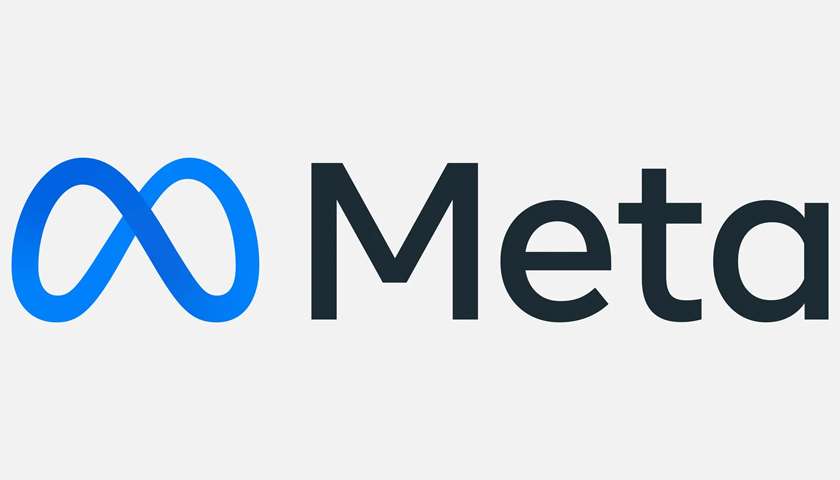McKinsey Sustainability are partnering with Alphabet, Shopify, Meta and Stripe in an eight-year $925 million commitment to accelerate the development of permanent carbon removal technologies by guaranteeing future demand. The joint effort, called Frontier, is an advanced market commitment (AMC), which aims to expand the global supply of carbon removal, rather than increase competition for the supply that exists today. McKinsey’s insights have shaped the climate dialogue for more than a decade and this partnership is yet another step in our commitment to building a more sustainable future.
“Reaching net zero emissions is key to building environmental resilience and to realizing a future that delivers sustainable and inclusive growth. Carbon removals have an essential role to play,” says McKinsey Senior Partner, Dickon Pinner. “Frontier will play a catalytic role in enabling the supply of high-quality carbon removals.”
Scientists estimate that limiting warming to 1.5°C would reduce the odds of initiating the most dangerous and irreversible effects of climate change. Recent reports from the Intergovernmental Panel on Climate Change (IPCC) make clear there is currently no pathway to keeping global temperature increases within 1.5°C without removing gigatons of CO2 already present in the atmosphere and ocean. Indeed, to reach a pathway to 1.5°C, IPCC models require carbon removals to ramp up from 0.1 gigatons of CO2 today to an average of around 6 gigatons by 2050. Carbon removals work alongside emissions reduction solutions; they are not a substitute. But at the current pace, the pipeline of carbon removal projects will fall short of the volume of carbon removals the IPPC says is required in 2025 by 80 percent.
While this outlook seems bleak, recent analysis by McKinsey Sustainability for the Coalition for Negative Emissions finds that it’s possible to scale carbon removals sustainably to meet the climate need with a portfolio of approaches. To achieve this will take extraordinary efforts in building new capital projects, developing specialist skills and scaling supply chains. However, once carbon removals are deployed at gigaton scale, the average cost could decrease dramatically, saving anywhere from $4.2 trillion to $8.4 trillion to deploy as compared to today’s costs. What’s more, our analysis shows scaling these efforts could create as many as ten million new jobs by 2050.
It’s with this urgency in full view that McKinsey Sustainability has chosen to join the Frontier effort in support of developing carbon removal technology. This move is aligned with our commitment to sustainability and our view that joining forces with leading organizations and creating scalable solutions are necessary steps toward reaching this essential goal. As part of the partnership, McKinsey will also provide pro-bono advisory support to carbon removal startups and businesses taking part in the initiative.
Getting such huge amounts of carbon removed from the atmosphere requires the buy-in of companies and governments. But new technologies tend to be more expensive than established ones, making it challenging to attract enough buyers to help drive those prices down. That’s where an advanced market commitment like Frontier can play a crucial role. As an AMC, Frontier will both facilitate low-volume pre-purchase agreements for new carbon removal technologies and invest in future tons of carbon removal to help scale effective technologies. This AMC model was first effectively used to advance pneumococcal vaccines in an effort to save lives. AMCs can be effective because they send a strong and immediate demand signal, encouraging further innovation and development of new technologies in the space.
Reaching net zero emissions is key to building environmental resilience and to realizing a future that delivers sustainable and inclusive growth. Carbon removals have an essential role to play. Frontier will play a catalytic role in enabling the supply of high-quality carbon removals.
McKinsey Senior Partner, Dickon Pinner
This partnership comes on the heels of their recently launched McKinsey Platform for Climate Technologies, part of McKinsey Sustainability. MPCT focuses on helping clients plan, execute and scale net-zero technologies in recognition of this urgent call to action. And while we have prioritized helping clients achieve net zero emissions, we’re also deeply committed to it ourselves. Last year, we pledged to achieve net-zero climate impact as a firm by 2030.



